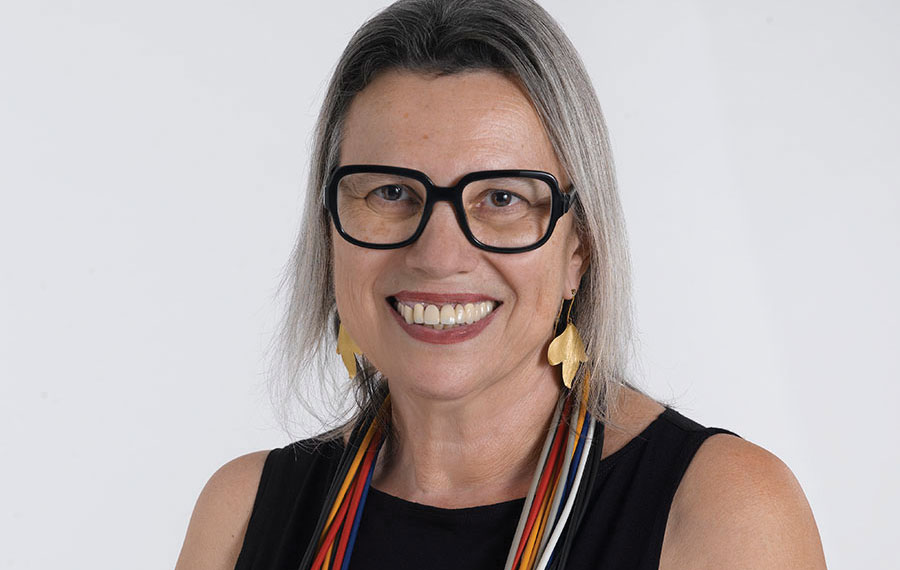 Shula Mozes
Shula Mozes In 2001, Israeli philanthropist Shula Mozes established an organization called Lamerhav, to help at-risk young adults between the ages of 18 and 26 who had outgrown foster care or an at-home living situation. The organization is part of the Mozes Wolfowitz Foundation, which she co-chairs with her husband, Ze’evi.
Speaking with the Journal via Skype from Israel, Mozes, 67, said, “Until the age of 18, children in foster care were taken care of by the state. At 18, suddenly everybody thought that they were already grown up and didn’t need support, but this is not true.”
Of Lamerhav, Mozes said, “We are like the family, but [also] the friends, big brothers, counselors. The organization also employs professionals to counsel the young adults participating in the program. They do personal, group and social counseling.”
Over the years, other organizations have come under Lamerhav’s umbrella, and two years ago, the Israeli government created a national program for at-risk young adults.
The much-needed attention and resources for this demographic also caught the attention of the large philanthropic organization the Jewish Funders Network (JFN). Last year, JFN undertook a study on young adults at risk in Israel. It will release its Greenbook findings at its international conference in San Francisco on March 19, as well as at a private event in Los Angeles on March 21. (The JFN Greenbooks are topical, user-friendly research reports for funders.)
Mozes said bringing the Greenbook findings to the international conference is an opportunity to connect and cooperate with other organizations and people in the United States.
Citing Los Angeles’ Jewish Community Foundation supported programs for at-risk young adults, Mozes said, “It will be very interesting for them to read this. We can learn from them; they can learn from us.”
She added that the Greenbook research reveals that there is a great deal of philanthropy coming out of Israel. “All the time, Americans tell us, ‘We are helping Israel, but where are the Israelis?’ Well, the majority of [those giving to our organization] are Israelis.”
Mozes said she is hoping the Greenbook report will both highlight current and spur further collaboration between organizations and philanthropies active in the field of at-risk adults, and will provide an opportunity for more people to become involved.
Born in Romania, Mozes’ family moved to Israel when she was 13. She graduated with a bachelor’s degree in chemistry and biochemistry from the Hebrew University of Jerusalem, and worked in computers, published an Italian cookbook, owned the first Italian deli and café in Tel Aviv from 1992 to 1998, and even studied to be an opera singer. The mother of four and grandmother of 10 said everything she has done in her life has prepared her to help others.
“[In Judaism] there are eight degrees of giving, and one of the highest is to give without anybody knowing,” Mozes said. “There is a higher one. You have to talk about what you are doing in order to give inspiration to others.
“Today,” she added, “there are many organizations working in the field. We are all joining hands to make it succeed, so that all young adults in Israel who are in at-risk situations will be able to have a productive life, an independent life. And they will be able to take care of others like we took care of them.”
Correction: A previous version of this article stated Los Angeles’ Jewish National Fund (JNF) programs for at-risk young adults, instead of the Jewish Community Foundation supported programs. We regret the error.























 More news and opinions than at a Shabbat dinner, right in your inbox.
More news and opinions than at a Shabbat dinner, right in your inbox.